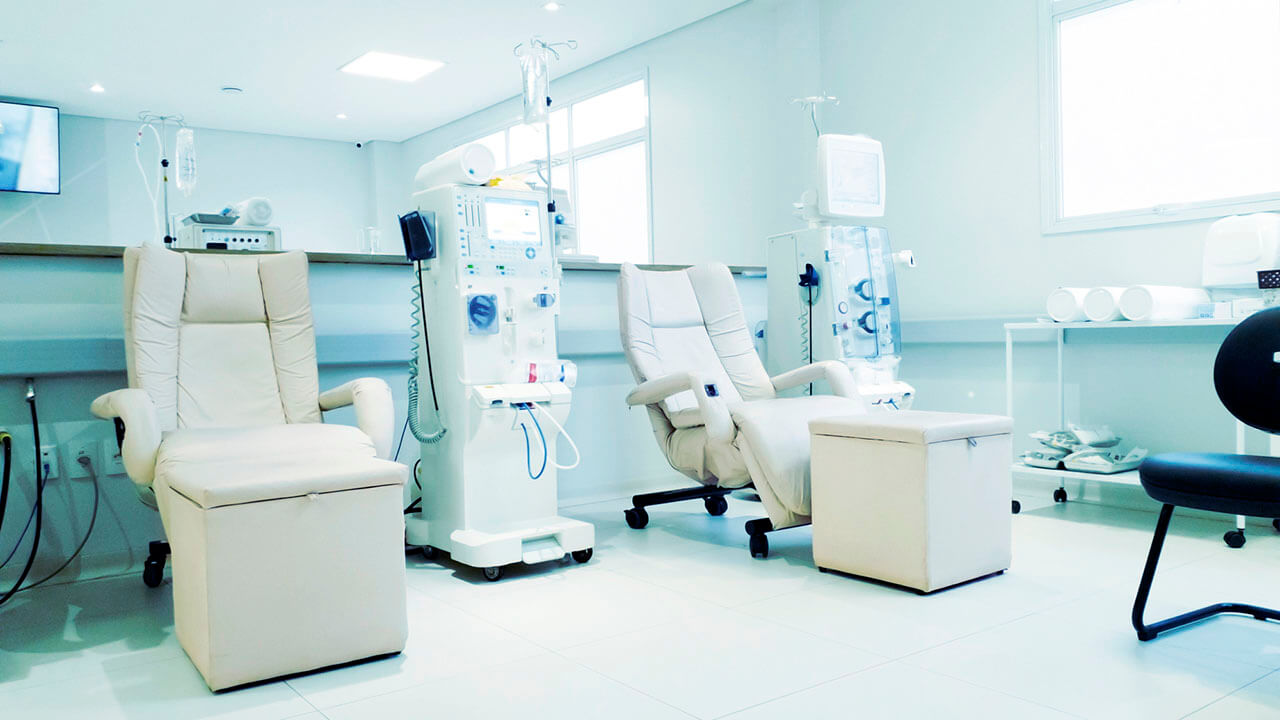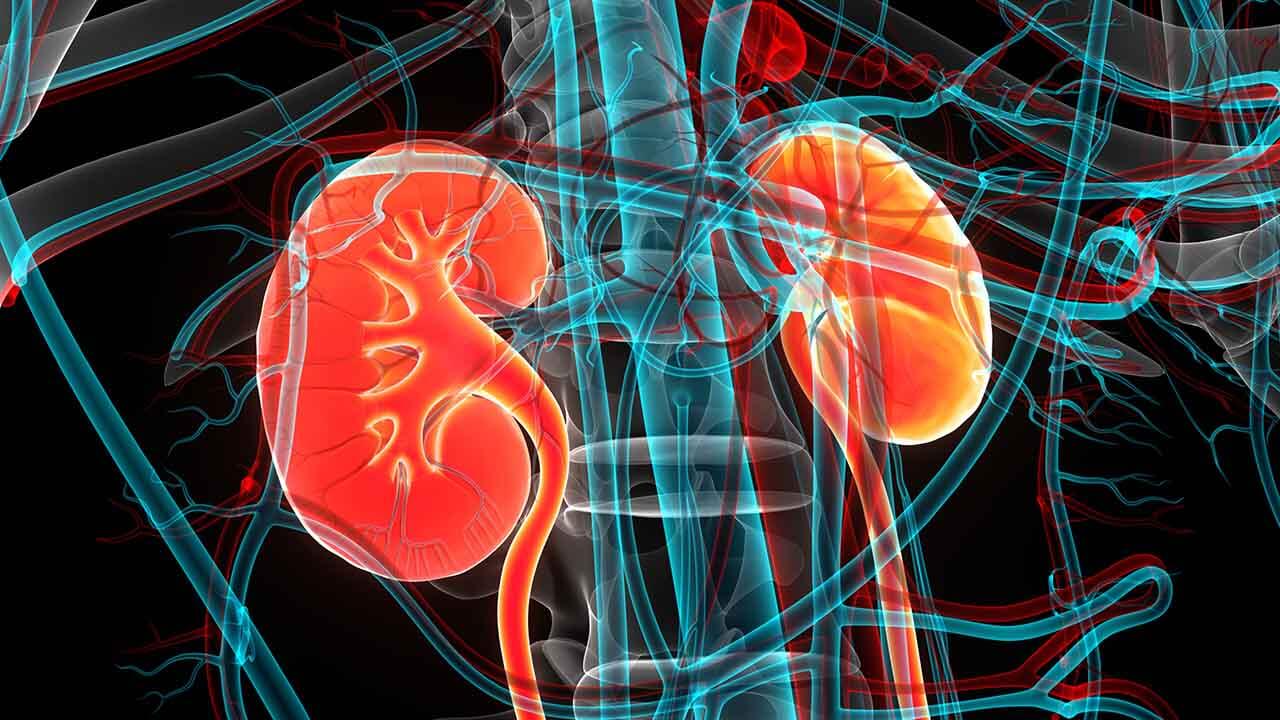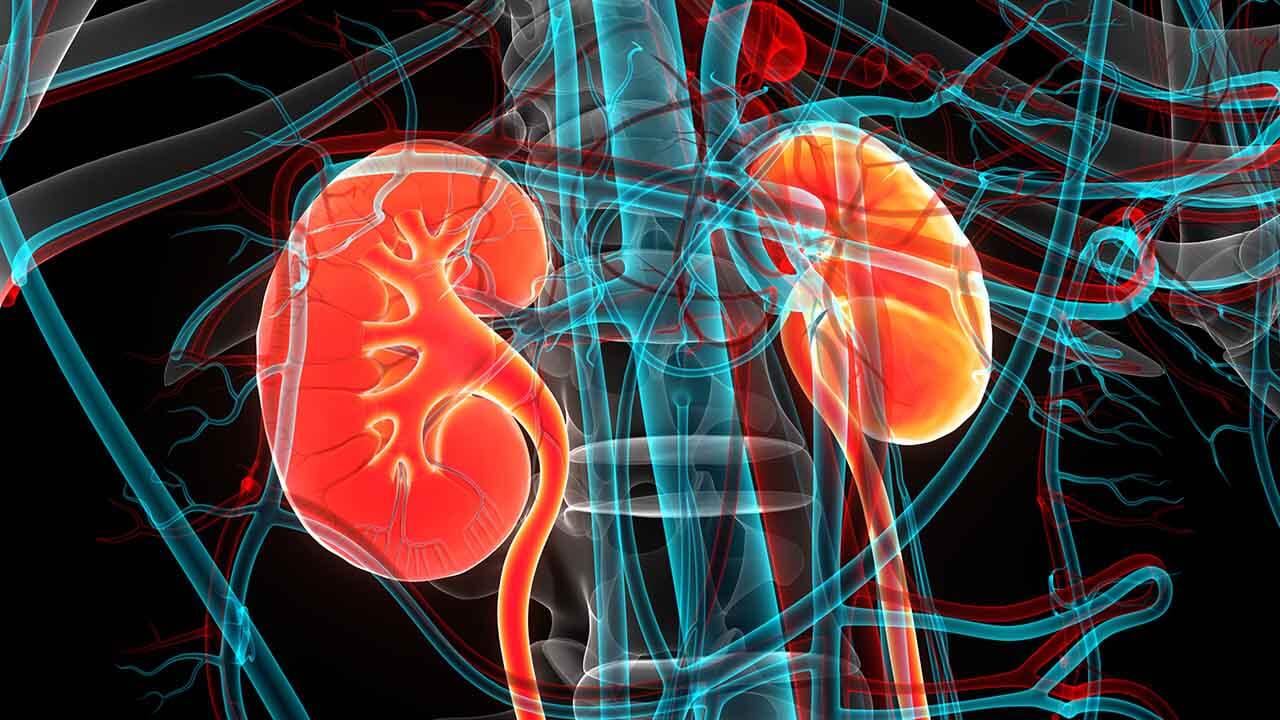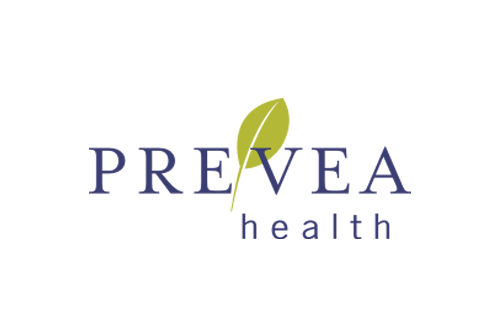According to the American Society of Nephrology, more than 770,000 people in Wisconsin are living with kidney disease.
Nephrology
Our compassionate physicians and providers help preserve kidney health and treat kidney disease.


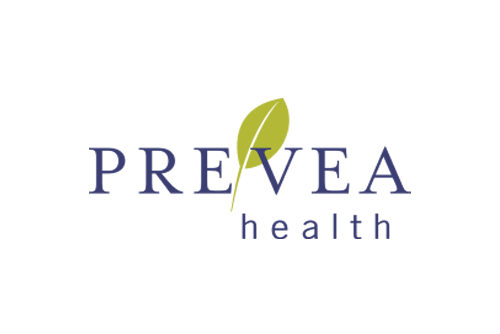
Acute and chronic kidney disease
Chronic kidney disease (CKD) means your kidneys are damaged and can’t filter blood the way they should. The main risk factors for developing kidney disease are diabetes, high blood pressure, heart disease and a family history of kidney failure.
If you have acute or chronic kidney disease, or any issues with kidney function, we can provide the specialized care you need, including:
If you have acute or chronic kidney disease, or any issues with kidney function, we can provide the specialized care you need, including:
- Acute kidney disease
- Acute kidney injury
- Chronic kidney disease
- End-stage renal disease
- Glomerular disease
- Proteinuria

Kidney failure
Kidney disease can worsen over time and may lead to kidney failure. If less than 15 percent of your kidney is functioning normally, that’s considered kidney failure. You may have symptoms from the buildup of waste products and extra water in your body.
Learn about kidney treatment failure options early. Three treatment options filter your blood:
Learn about kidney treatment failure options early. Three treatment options filter your blood:
- Hemodialysis: A treatment to filer wastes and extra water from your blood. A hemodialysis machine pumps your blood through a filter outside of your body and returns filtered blood to your body.
- Peritoneal dialysis: A treatment for kidney failure you can do at home. This type of dialysis uses the lining of your belly to filter wastes and extra fluid from your body.
- Kidney transplant: A surgical procedure where a healthy kidney from a donor is placed into your body.

Kidney stones
A kidney stone is a solid, pebble-like piece of material that can form in one or both of your kidneys when high levels of certain minerals are in your urine. Kidney stones rarely cause permanent damage if treated by a health care professional.
You may have a kidney stone if you feel a sharp pain in your back, side, lower abdomen, or groin; or have blood in your urine. If you have a small stone that easily passes through your urinary tract, you may not have symptoms at all.
Kidney stones are diagnosed with a physical exam and tests which may be able to show problems that caused a kidney stone to form. Treatment may include removing the kidney stone or breaking it into small pieces.
You may have a kidney stone if you feel a sharp pain in your back, side, lower abdomen, or groin; or have blood in your urine. If you have a small stone that easily passes through your urinary tract, you may not have symptoms at all.
Kidney stones are diagnosed with a physical exam and tests which may be able to show problems that caused a kidney stone to form. Treatment may include removing the kidney stone or breaking it into small pieces.

Polycystic kidney disease
Polycystic kidney disease (PKD) is a genetic disorder that causes many cysts to grow in the kidneys. PKD cysts cause high blood pressure and problems with blood vessels in the brain in heart. Cysts in the liver can also occur with PKD.
Meet our physicians and providers

John Thurlow, MD
Nephrologist
